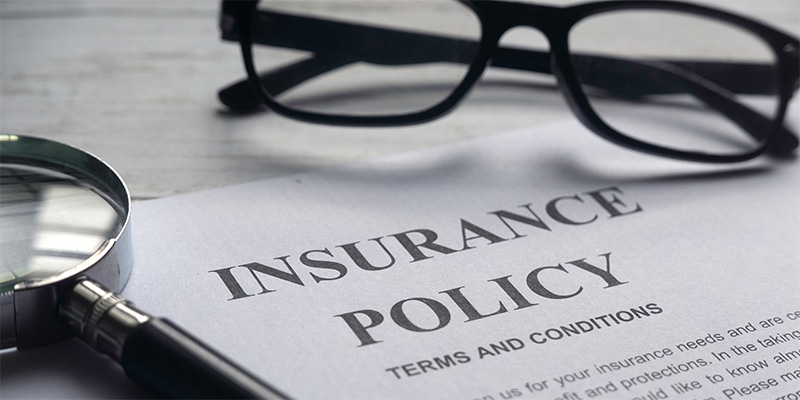
When You Should Make a Claim on Your Insurance
It’s funny how things get a lot more expensive when insurance companies get involved.
When it comes to something like car insurance, it doesn’t always make sense to make a claim.
For example, I had a fender bender in a parking lot six or seven years ago. I have a $500 deductible. If I had paid for it myself, it would’ve been under $500 to have my car fixed. But I made a claim, and it came out to around $2,000. That is the nature of insurance. These companies are third-party payers. They are price-insensitive buyers.
Now, if you get into a fender bender, have a $500 deductible, and more than $500 in damages, then you might as well make a claim… unless you have a terrible driving record, a bunch of tickets, or have been in a slew of accidents.
Basically, if you think there’s some likelihood that your insurance company might drop you because of a claim, then you might not want to make the claim. You might just want to drive around with a dented car.
That’s usually what’s going on—when you’re driving around and see cars that are all dented up, either that person doesn’t have insurance, they had insurance and lost it, or they don’t want to lose their insurance.
|
A message from Jared Dillian Money: |
Fly-by-Night Insurance World
For my auto insurance, I have USAA. I've been pretty happy with it. Geico is pretty good too, although it has a reputation for dropping customers. Get a couple of tickets, and you’re gone. Get into a fender bender, you’re gone. This is all hearsay, but it’s what I’ve heard.
If you get dropped by your insurance company, then you’re in Fly-by-Night Insurance World, which is where you’re getting coverage from some unknown carrier that’s not going to pay claims. It’s basically just getting insurance in name only so you can drive your car. This is not a good situation to be in.
Trust me, I’ve gotten hit by somebody in Fly-by-Night Insurance World, and their insurance company did not pay.
Be Careful with Homeowners Insurance
Now, I said that I was happy with USAA with respect to my car insurance. With homeowners insurance, not so much.
I was living in New Jersey in the mid-2000s in a house with a flat roof, and we had some problems with leaks. Nothing serious, but we got this big rainstorm, and a hole caved in the roof into our TV room. We had 55-gallon drums to hold the water in my house!
I didn’t know how much it was going to cost to fix—I don’t remember what my deductible was—but I called up USAA and said, “Look, I’ve got a big trash can full of water in my house. I’m thinking about making a claim, but I don’t know whether I should.”
And they said something that was baffling to me…
They said, “Well, the fact that you called us will be factored into any insurance decisions.” What they were saying was that even though I didn’t make a claim, simply calling them would be used as derogatory information to increase my rate in the future. They actually said that. Nuts, right?
So, after I moved out of that house, I dropped USAA homeowners insurance, and I’ve always gotten something else.
High-Deductible Homeowners Insurance
Homeowners insurance isn’t really for scratches and dents. It’s if you have a big-ticket item, like a fire or flood.
I tend to be a fan of high-deductible homeowners insurance. For me, I would like a deductible of $100,000—because I can pay it. What I don’t want is homeowners insurance that costs $20,000 a year. I just want to be covered in case my house burns down.

Jared Dillian, MFA
|